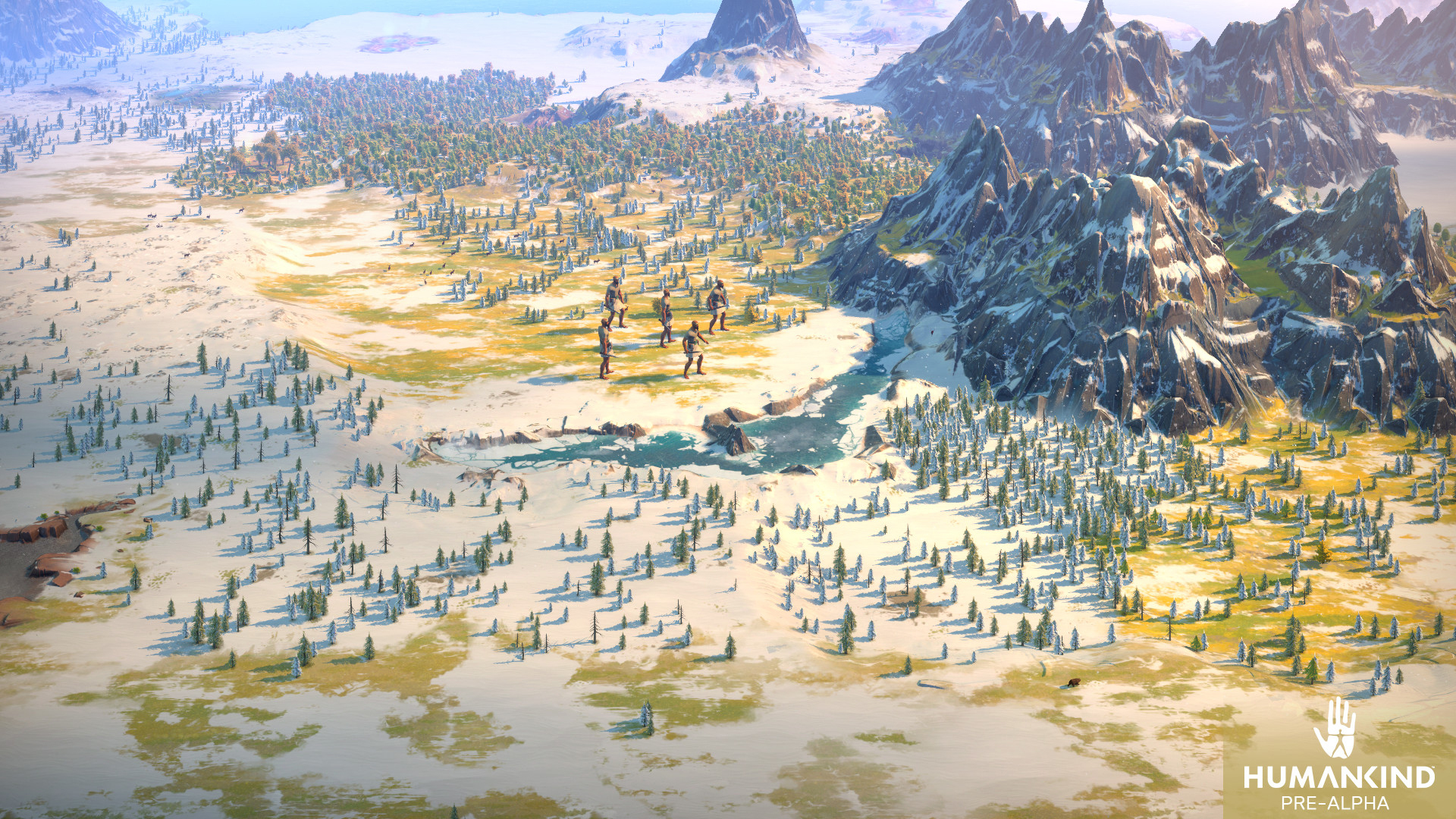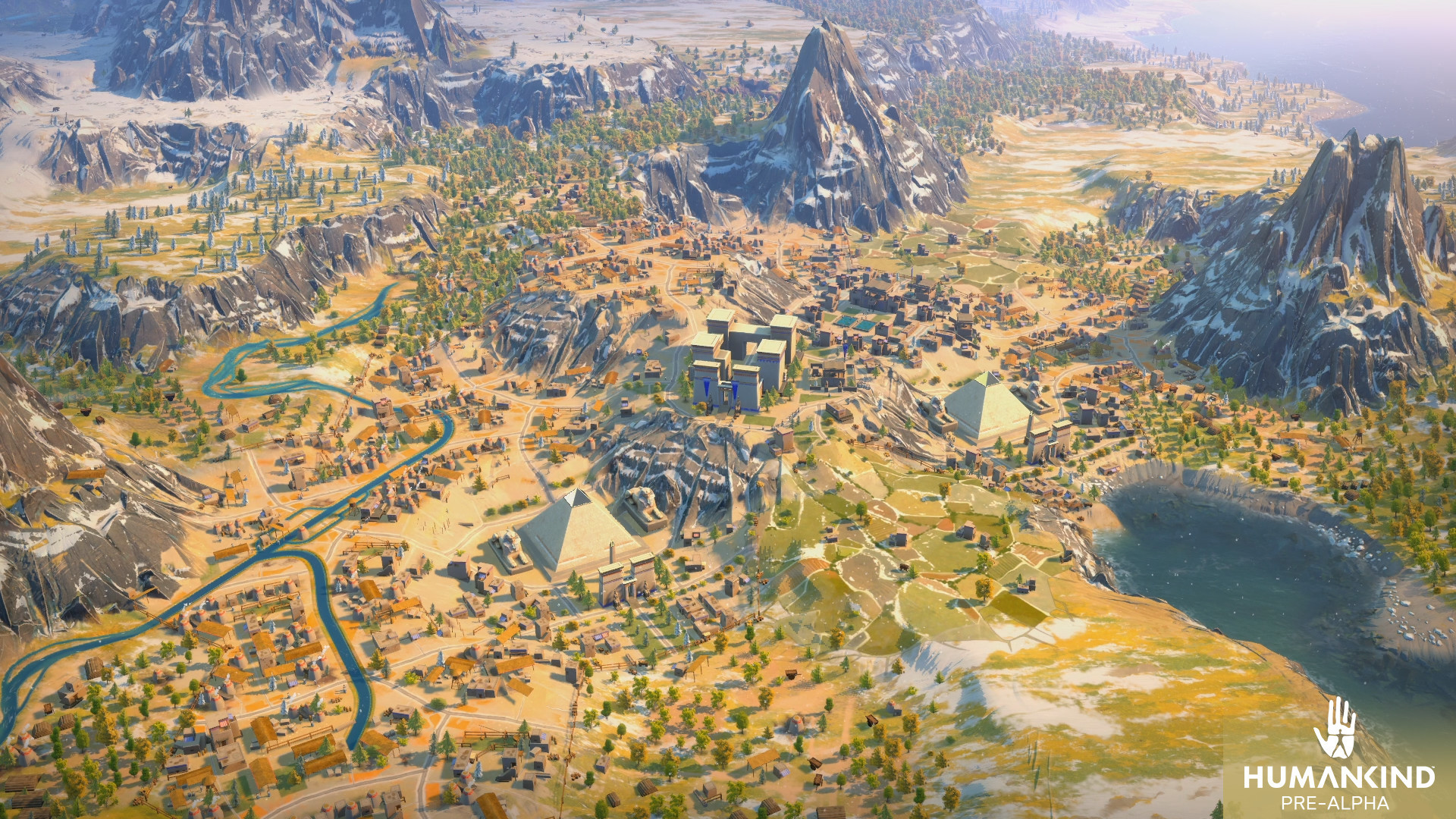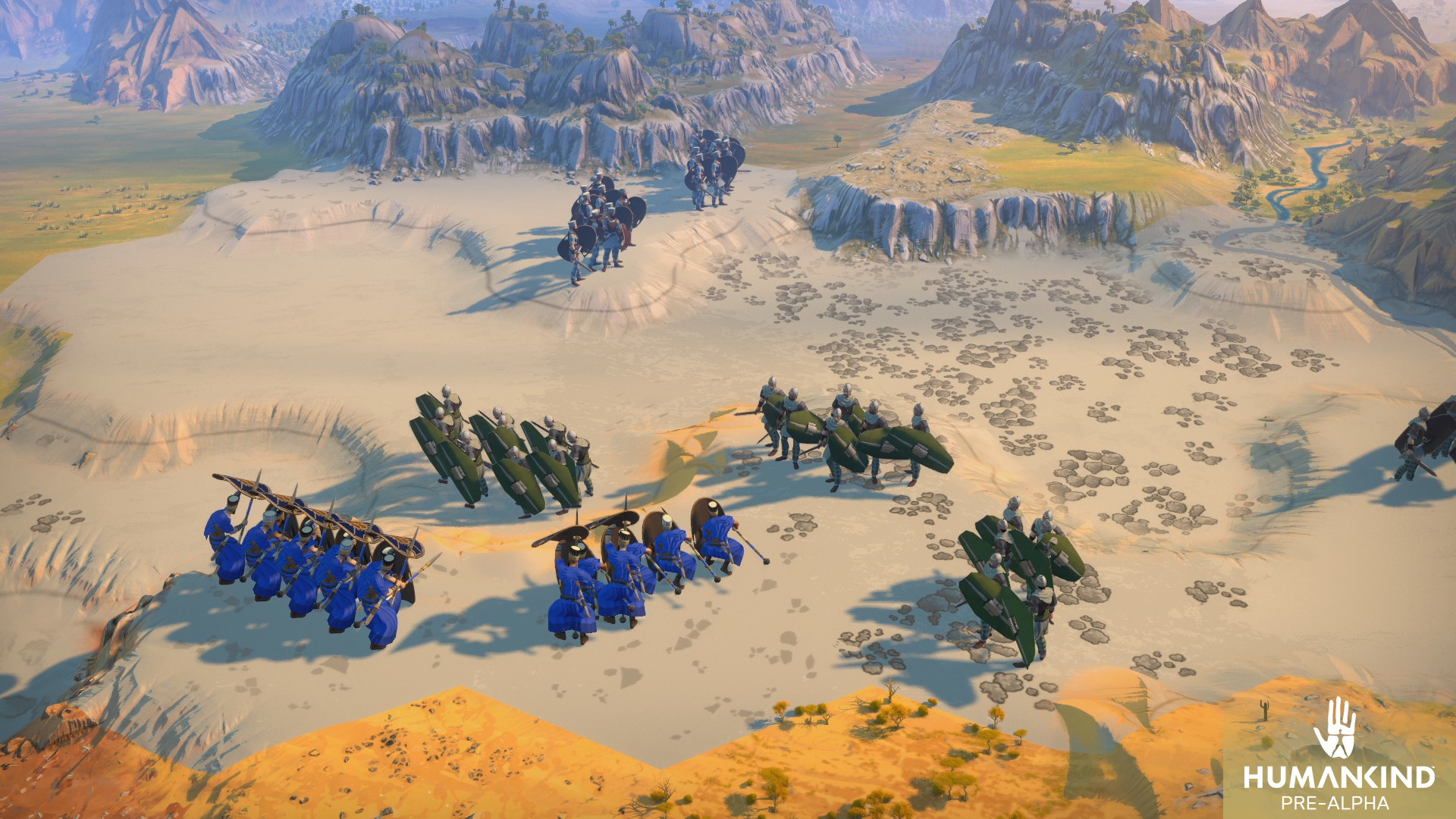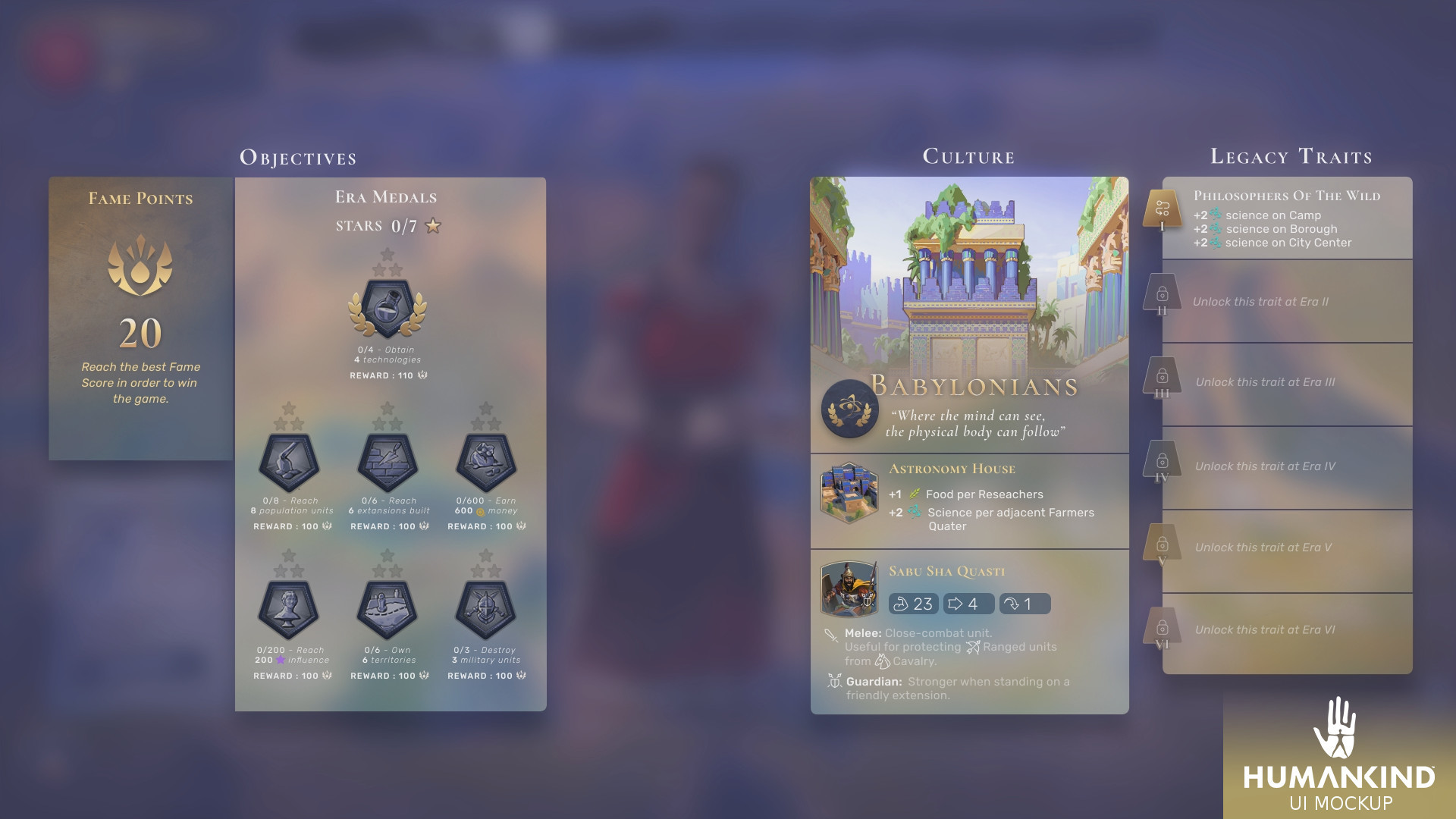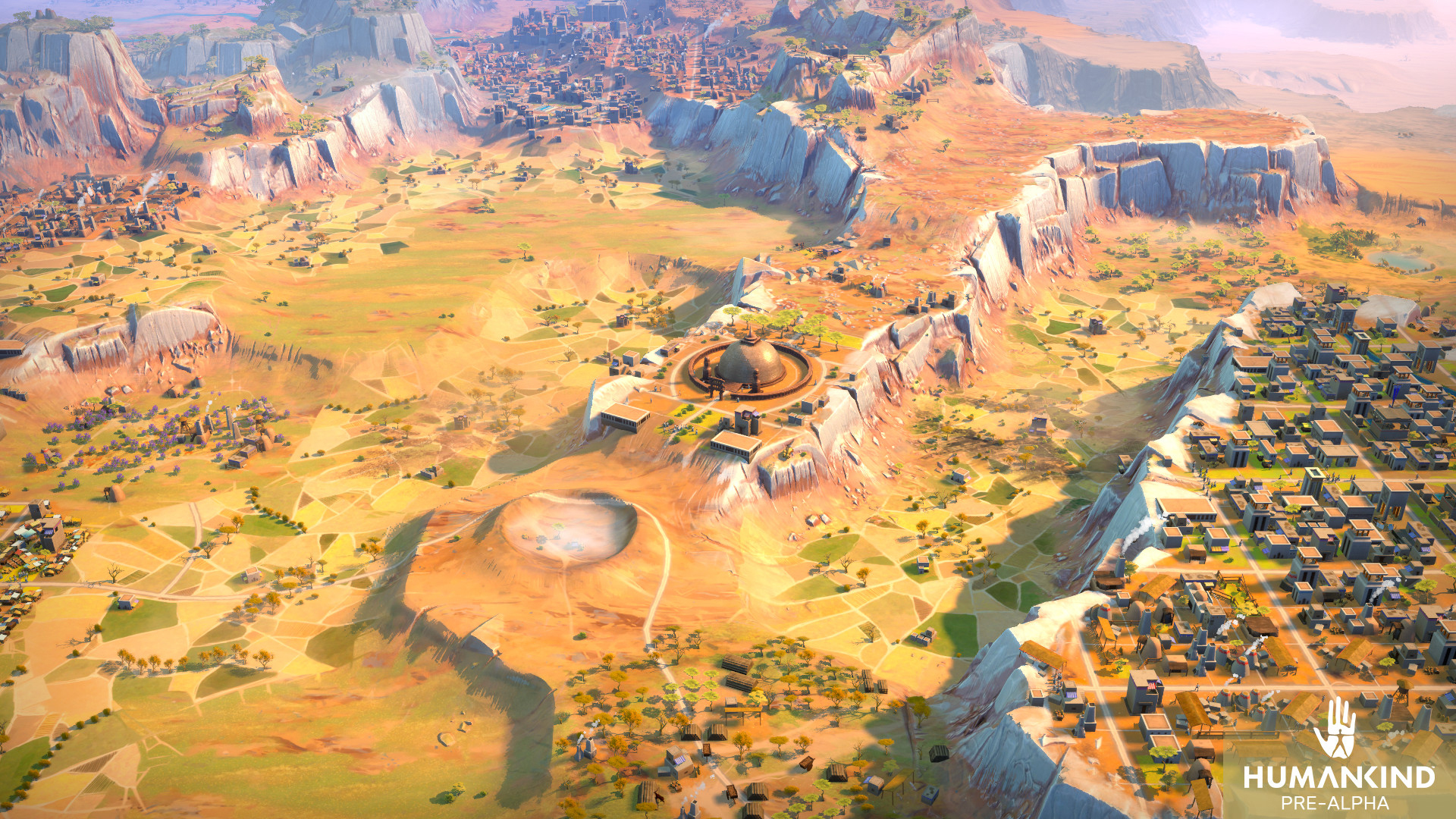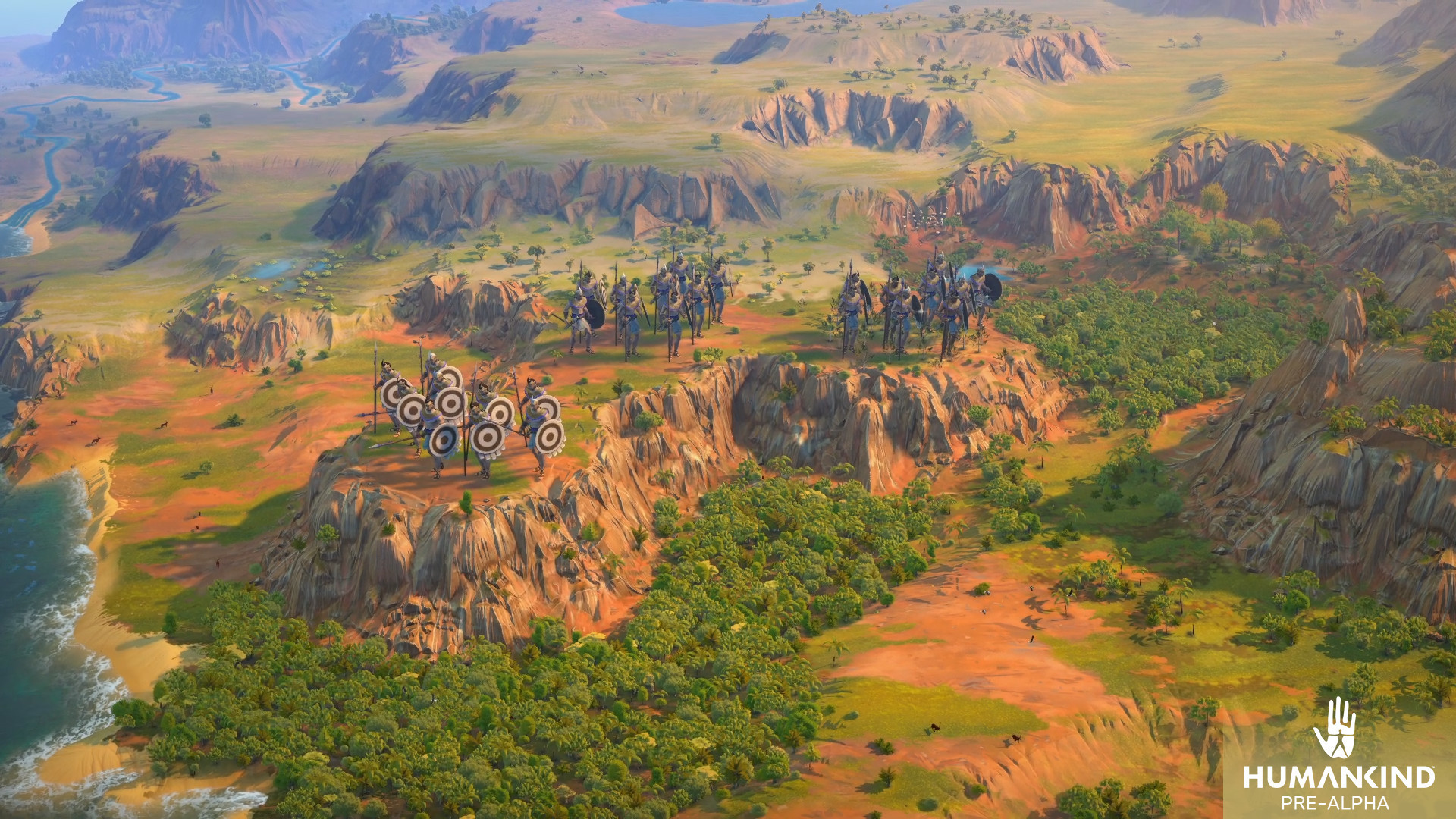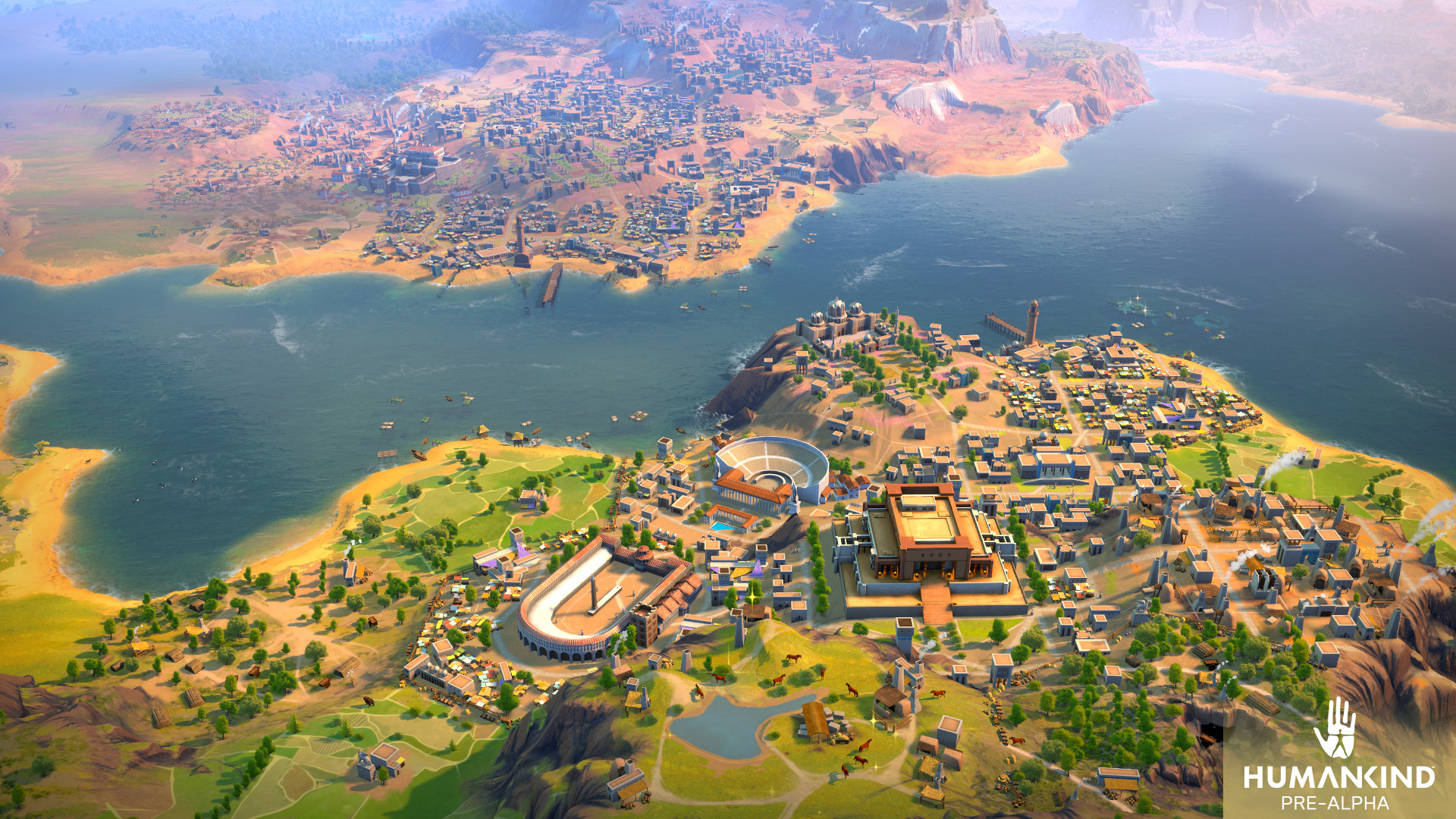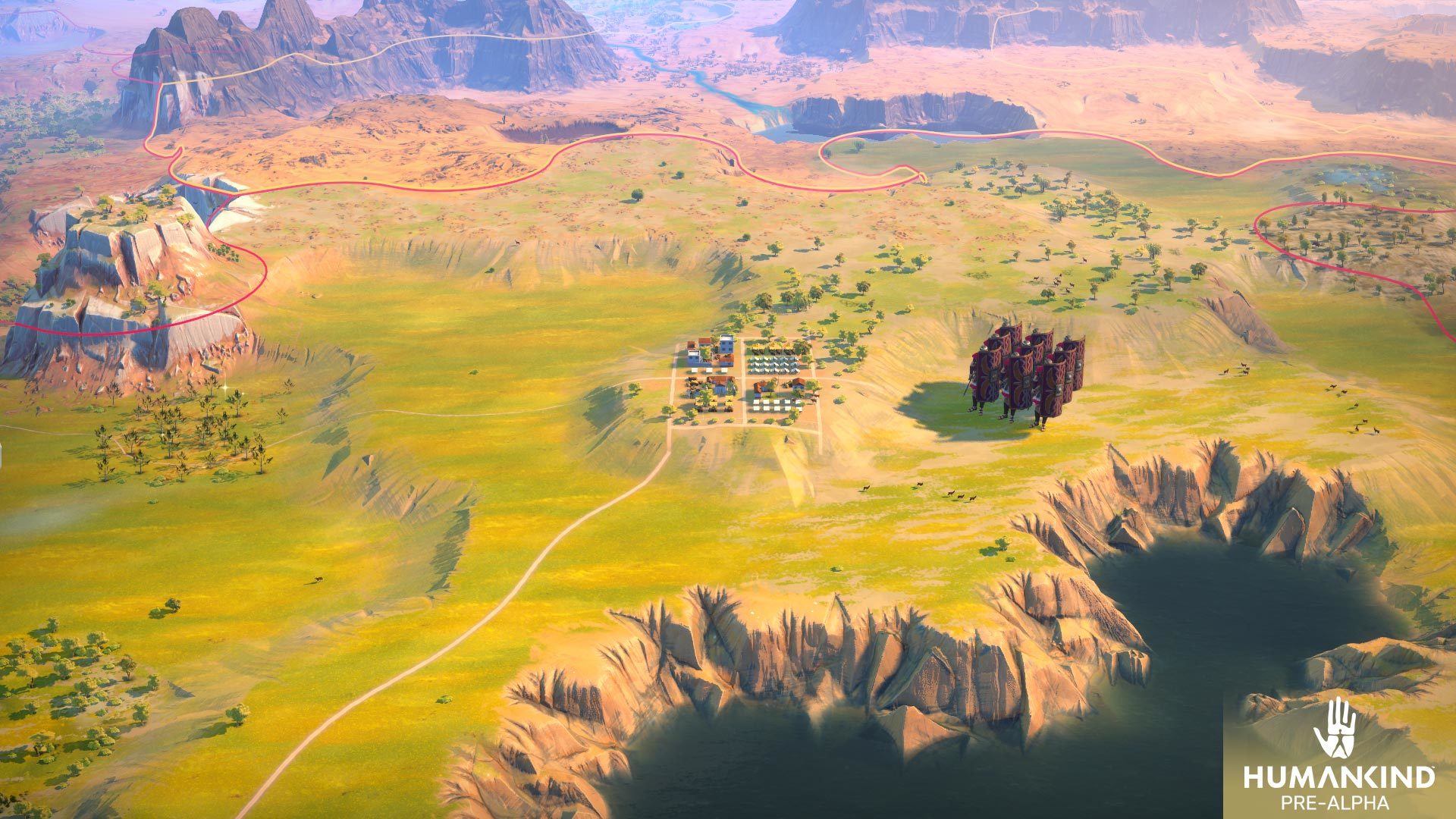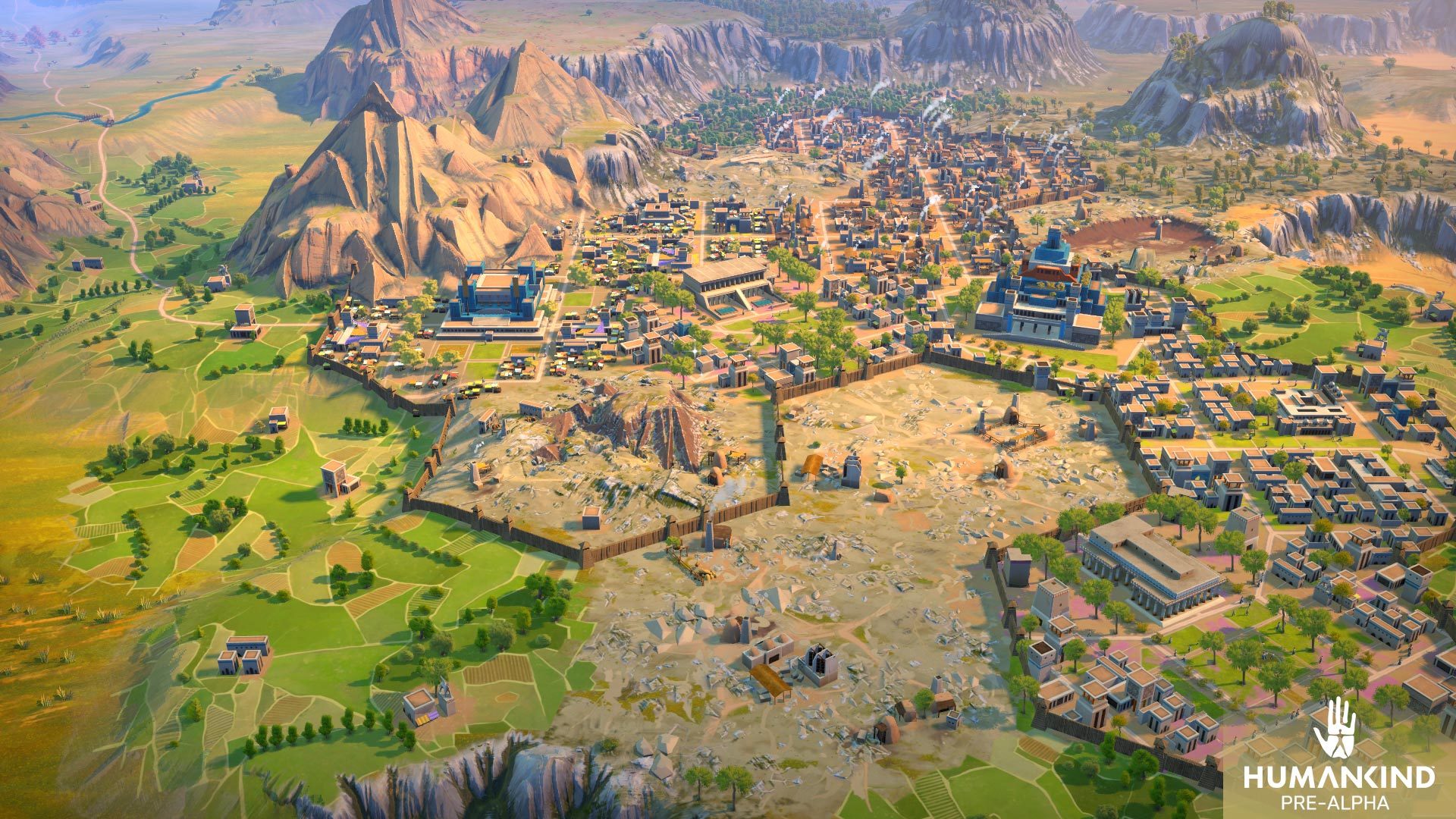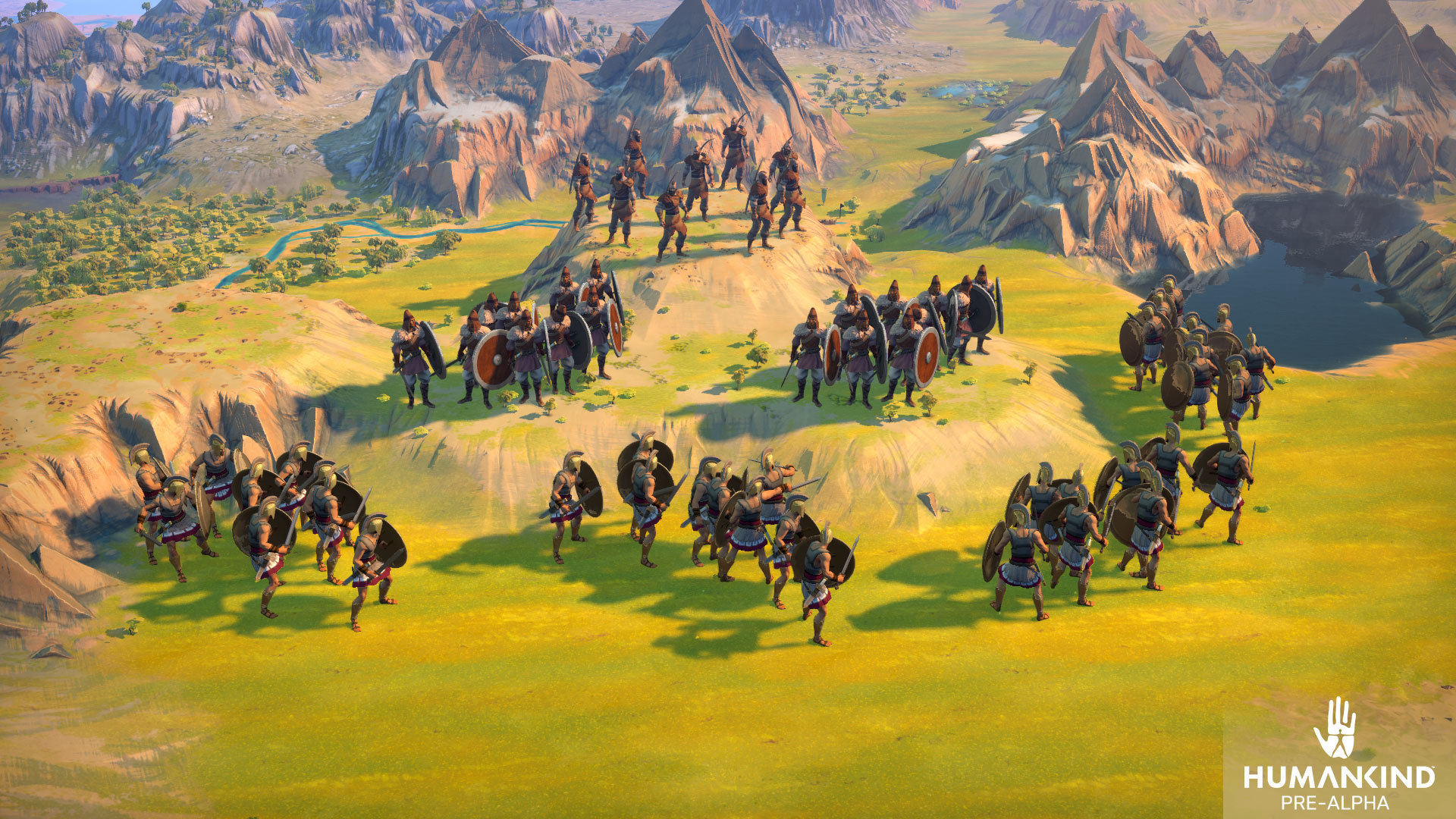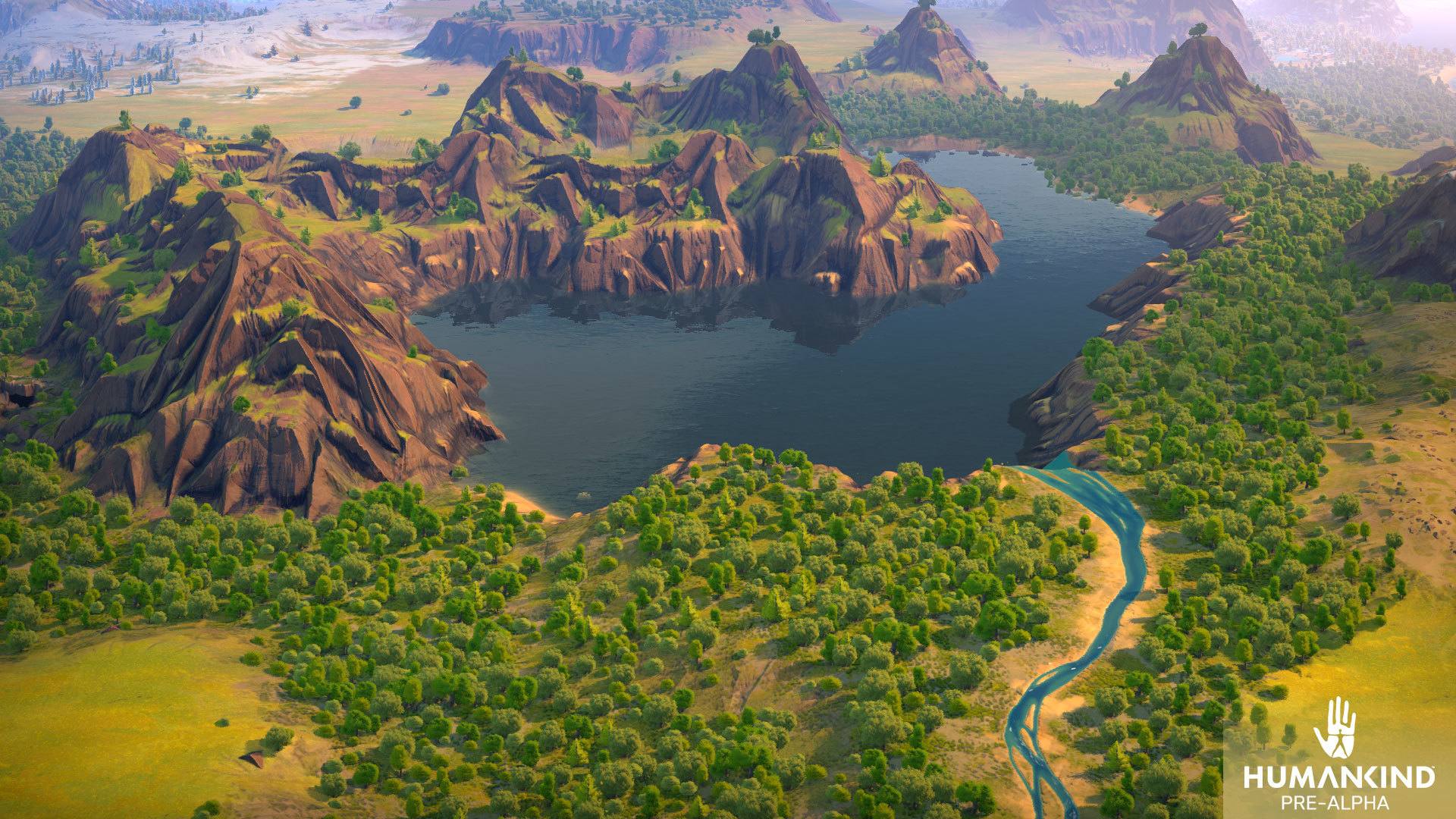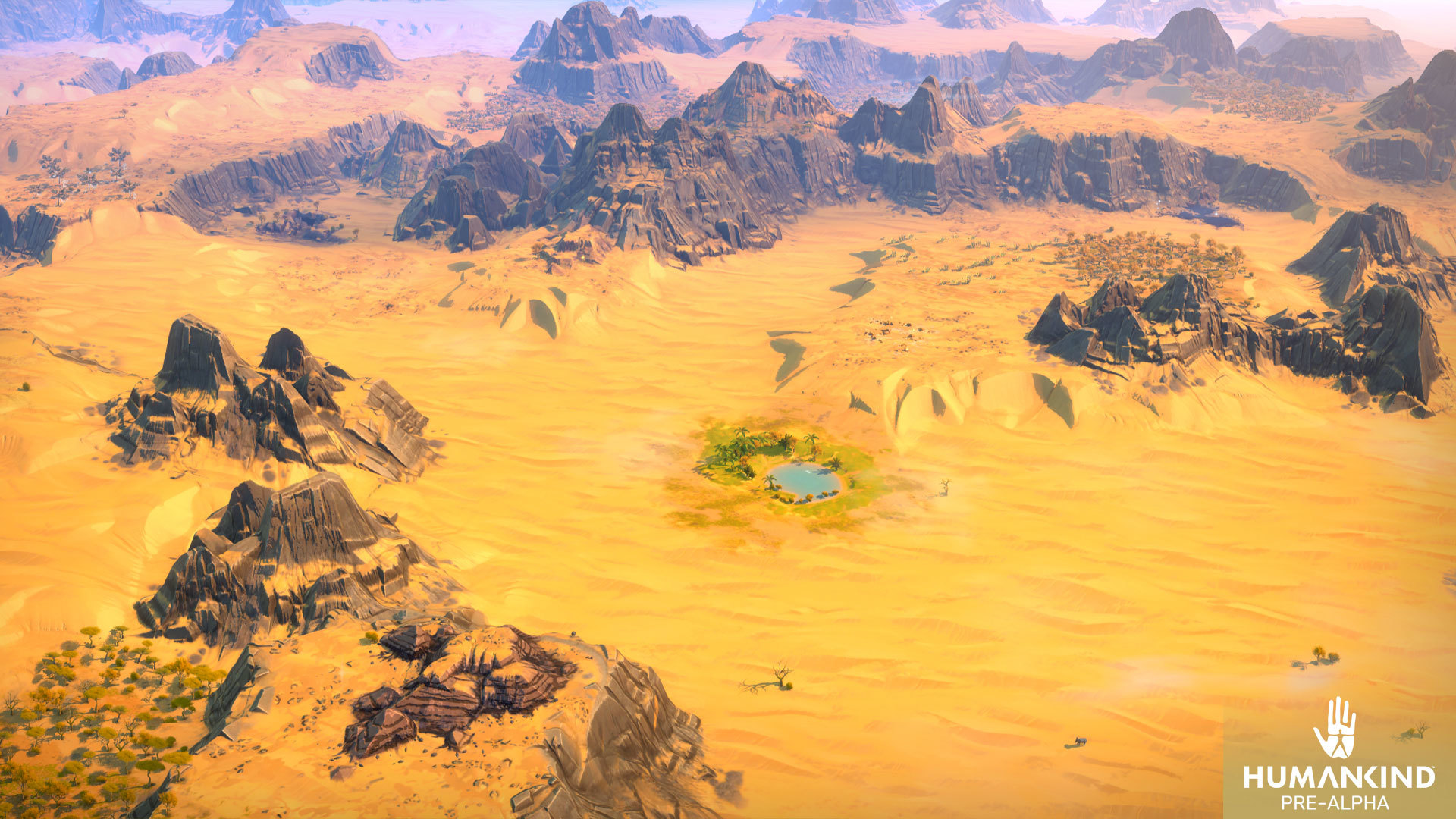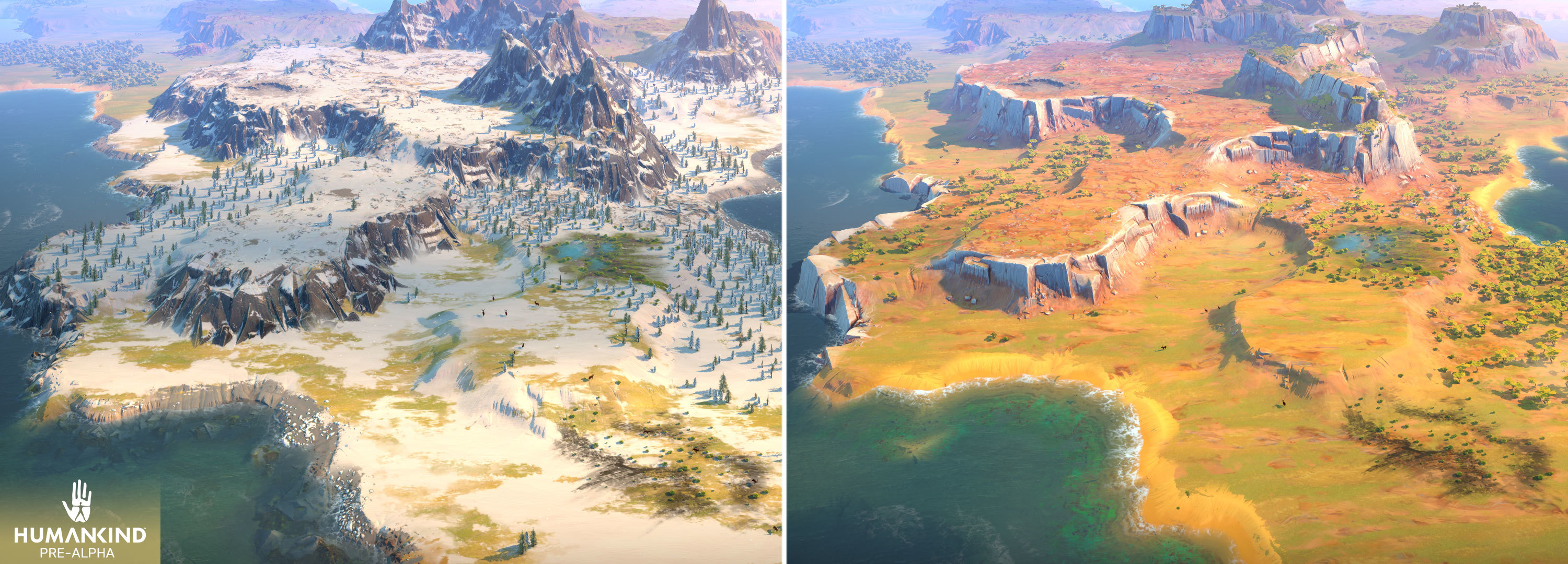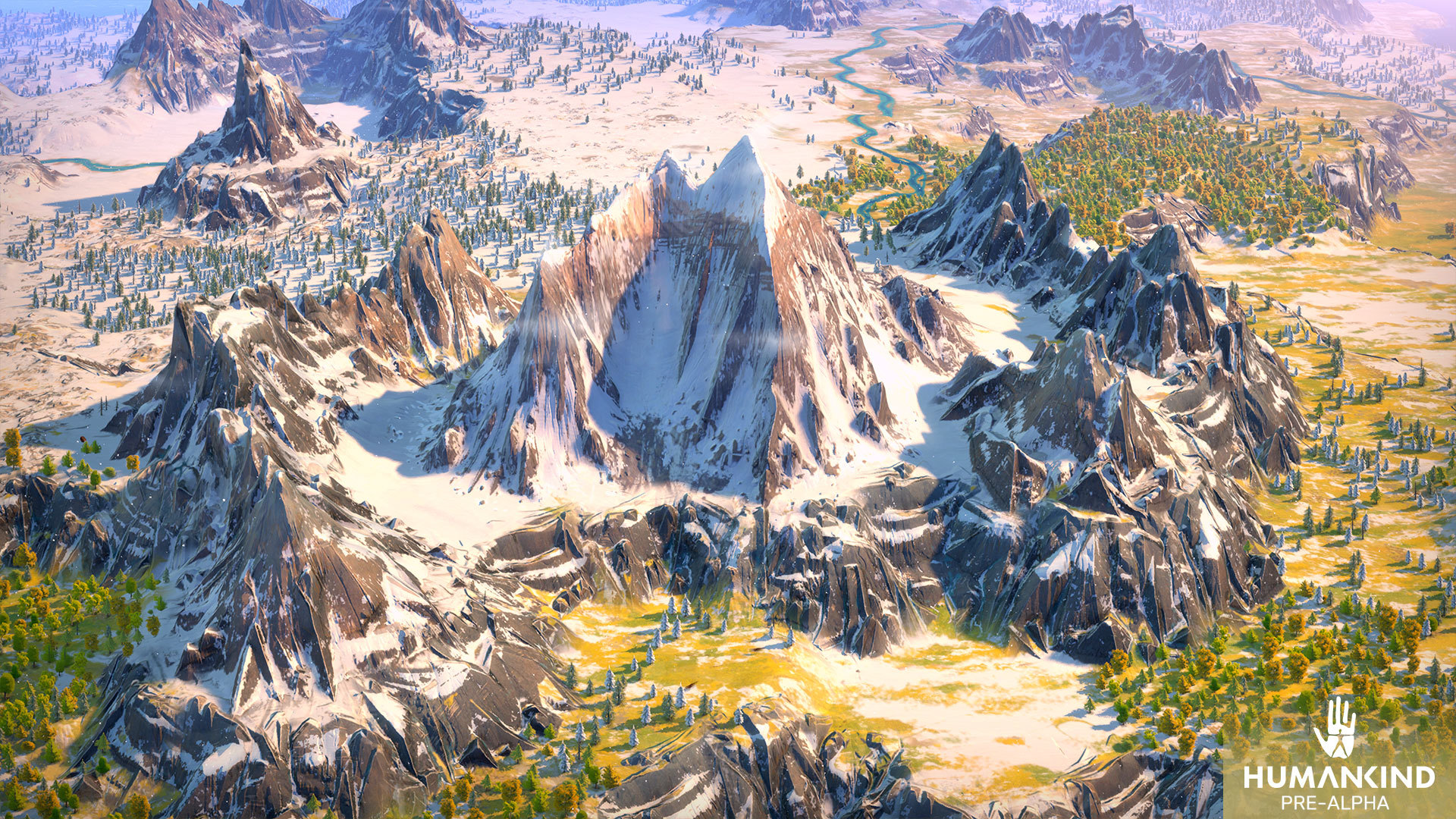
Jul 30, 2020
HUMANKIND™ - The-Cat-o-Nine-Tales
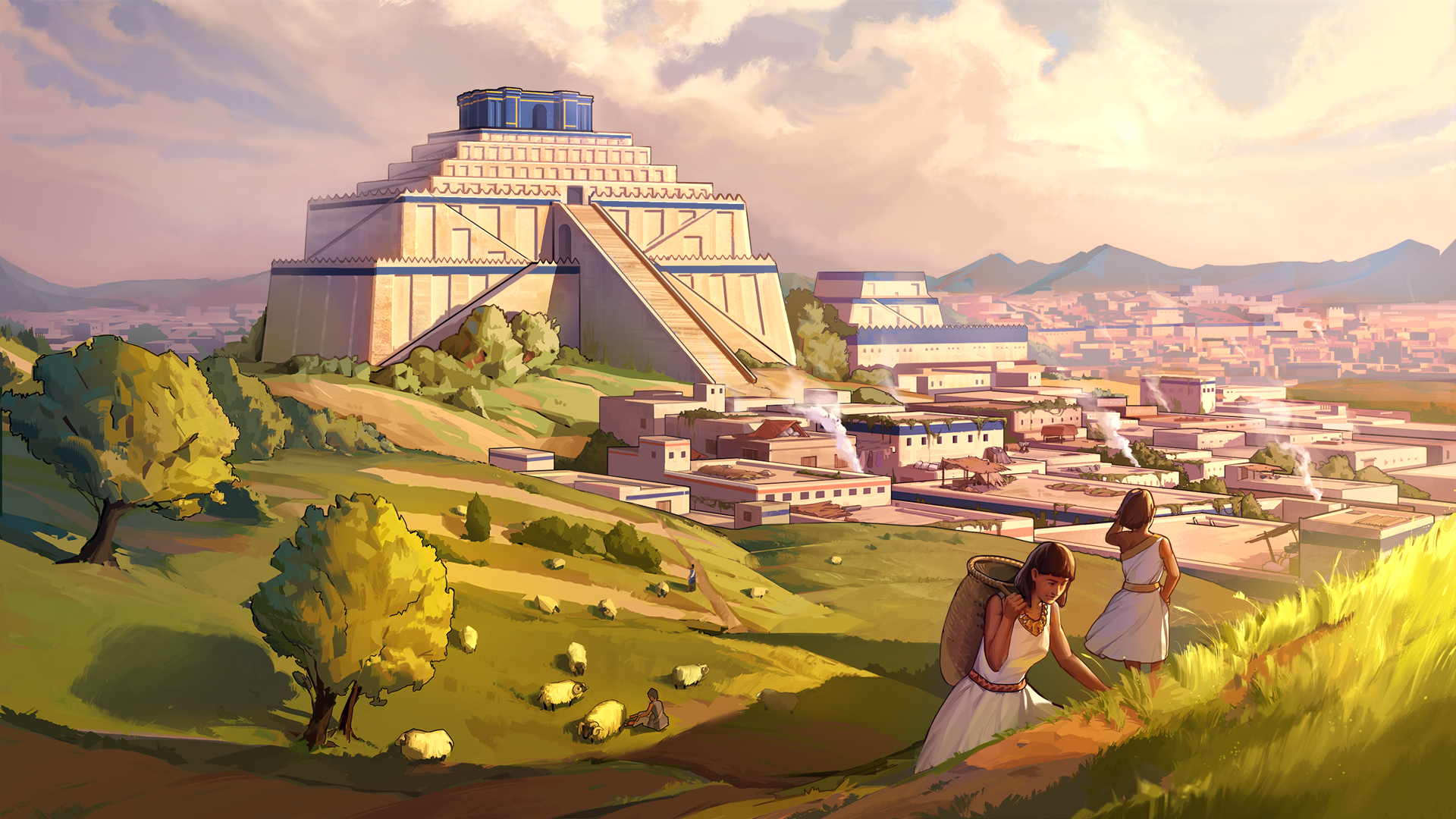
Hey everybody !
The time we have all been waiting for has finally arrived: the Humankind OpenDev period starts now!
If you've been selected to participate in the first scenario, you will soon receive a welcome email. Make sure to check our spam folder too! We all know how zealous those filters can be. Check back tomorrow as well, as the emails may take up to 24h to arrive. Once you know you've been selected, go to your Games2Gether Profile page and look for the OpenDev Reward at the top of the page. Redeem this reward to add Humankind OpenDev to your Steam library and be among the first people to play Humankind!
If you haven't been selected yet, don't give up hope! We will ad more players over the course of OpenDev, so you may still get to participate with the second or third scenario, and you can even still sign up! In the meantime, keep your eyes peeled for a lot of fresh Humankind content, as OpenDev participants are free to share their experiences or livestream. You can also join us for streams every week, starting today at 6PM CEST.
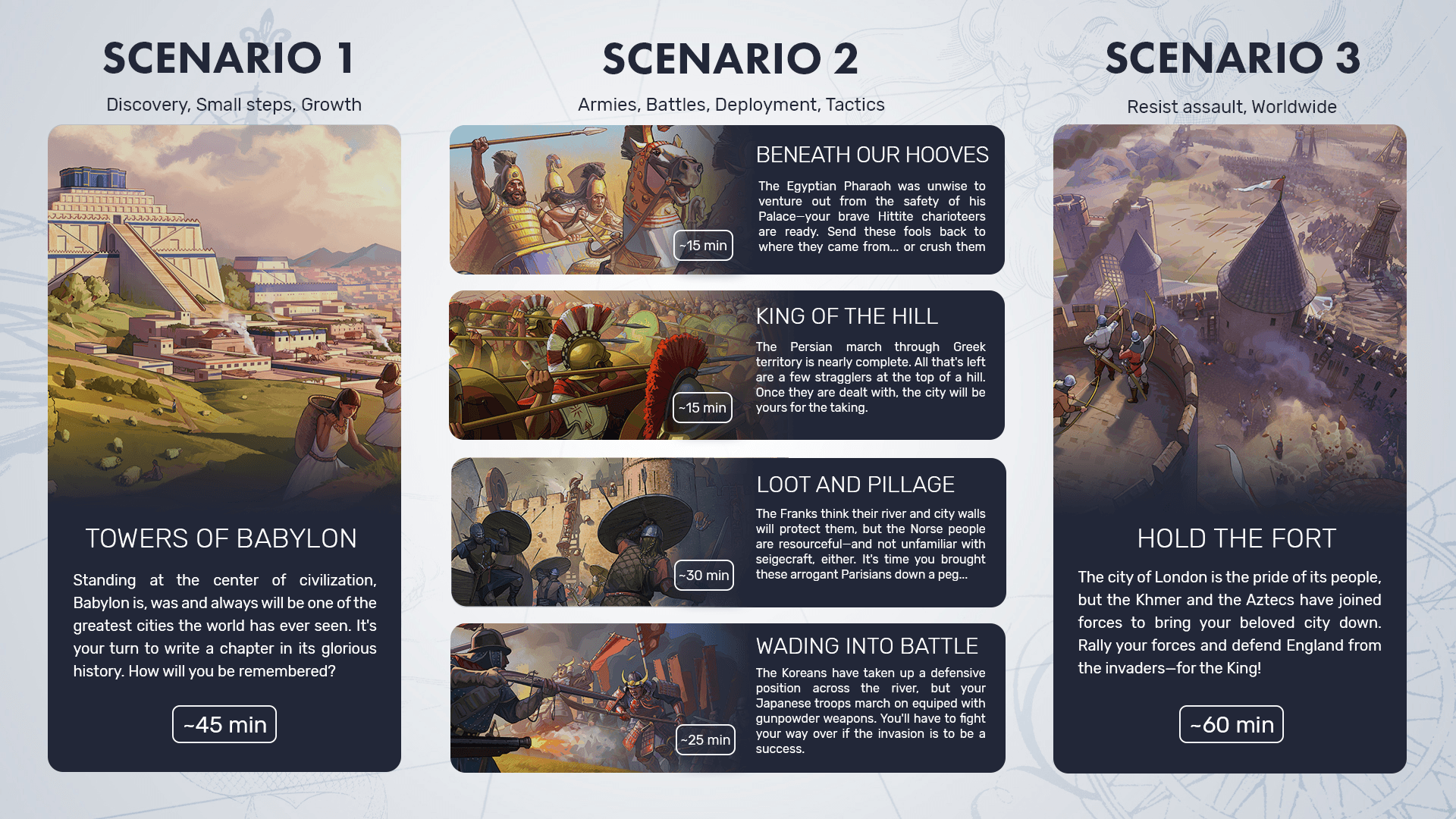
A few key points to remember:
-
Share your experience! - The contents of OpenDev are not under NDA, so feel free to stream or make videos! (Please do mention that this is an early version of the game, though.) -
OpenDev Access needs to be redeemed through Games2Gether - Access to OpenDev is distributed through our Games2Gether Reward system, so double-check that your Steam account is linked.
Check the OpenDev subforum - There is a forum for OpenDev participants to discuss their experience and post feedback. If you cannot see the forum, please log out and back in again.-
Scenarios are time limited – Each will be available from Thursday at 15:00 BST / 16:00 CEST / 07:00 PDT through Monday at the same time -
The scenarios end with a survey - We know surveys can be boring, but please take your time to fill out the survey after you finish a scenario. The survey is vital for the feedback gathering of OpenDev. -
We will grant access to additional applicants with each new scenario – Keep checking their email in the coming weeks! -
Getting access later grants access to all previous scenarios – In fact, we would prefer that even if you join later you play the scenarios in order as they have a bit of an tutorial progression to them -
Applications will remain open during the entire process – Even if you weren’t selected for this first round, you can apply now for a chance to be included in the 2nd or 3rd wave of players
We're thrilled by the interest you have all shown in OpenDev and are looking forward to your feedback. Let's make Humankind a great 4X game together!
We hope you'll have fun with this first taste of what the game has to offer,
-- The Amplitude Team













